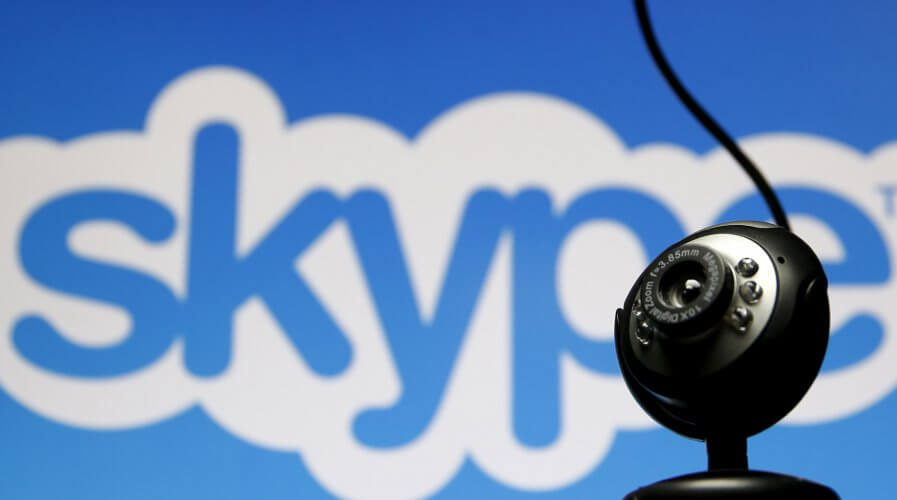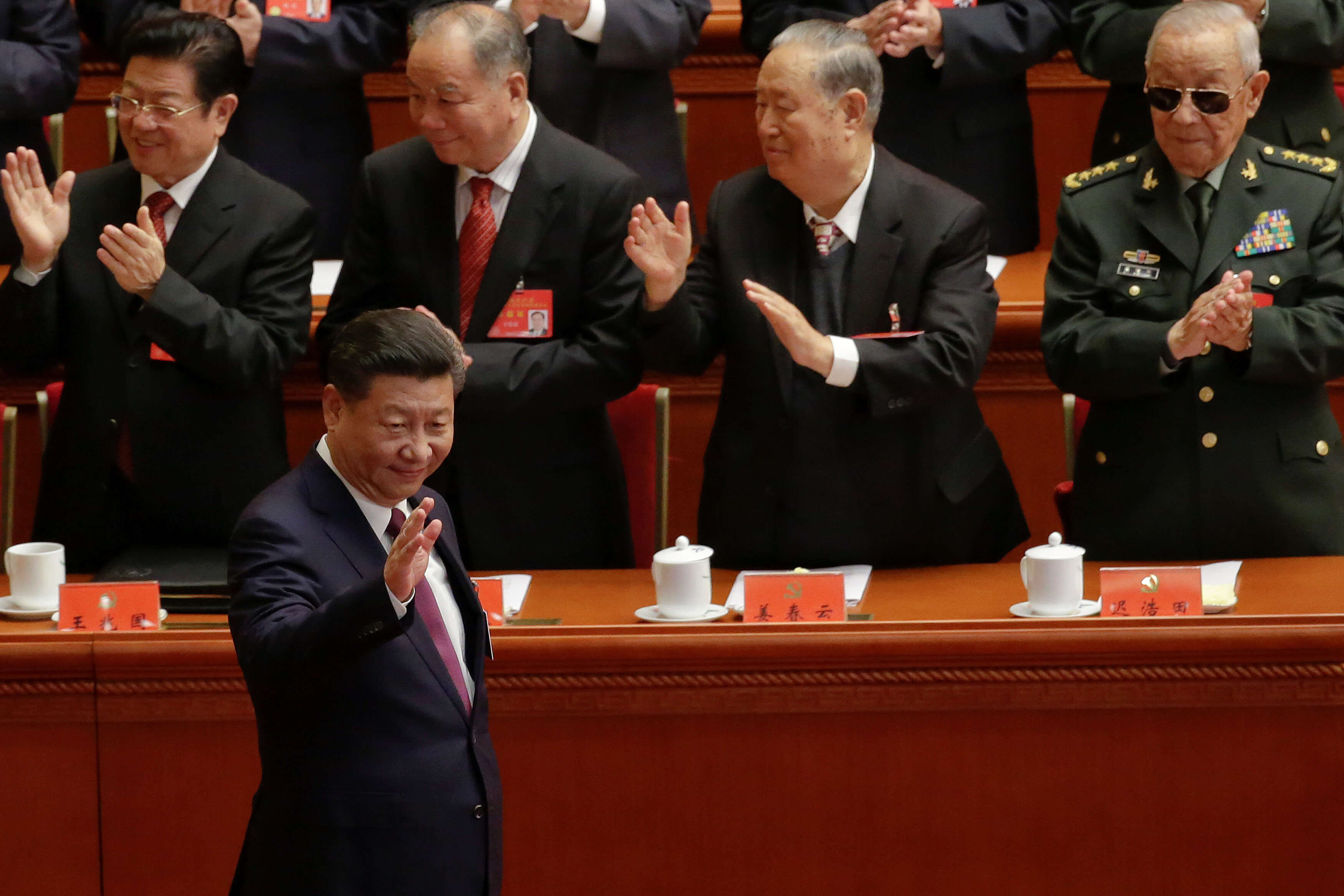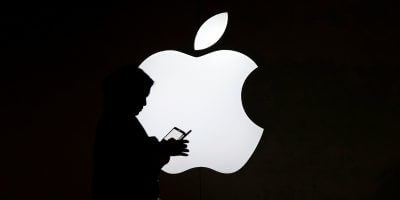
A web camera is seen in front of a Skype logo in this photo illustration. Source: Reuters
Skype gets booted out of Apple’s App Store on Chinese orders
SKYPE is the latest victim of China’s crackdown on Internet freedoms thanks to Apple, who removed the application from the App Store following assertions by the People’s Republic that the service does not comply with local regulations.
“We have been notified by the Ministry of Public Security that a number of voice over internet protocol apps do not comply with local law,” said Apple in a statement according to the BBC. “Therefore these apps have been removed from the app store in China.”
The call and messaging service is no longer available for download in Android app stores either.
“The iOS version of Skype has been temporarily removed from the app store in China,” said a Microsoft spokesperson to the BBC. “…we’re passionate about the benefit that Skype offers to our users around the world by facilitating communication and enabling collaboration.”
The spokesperson added that the company was “working to reinstate the app as soon as possible”.
Though it’s unclear as to when the Skype app was removed, some media reports indicated that the service began having problems in October. Microsoft declined to comment on the timeline of the app’s removal.

Chinese President Xi Jinping arrives for the opening of the 19th National Congress of the Communist Party of China at the Great Hall of the People in Beijing, China. Source: Reuters
“We have been notified by the Ministry of Public Security that a number of voice over internet protocol apps do not comply with local law, therefore these apps have been removed from the App Store in China,” an Apple spokeswoman said, according to Reuters.
This is not the first time Apple has come under criticism for complying with stringent Chinese orders that have been seen as actions focused on curbing personal and Internet freedoms. The company complied with an order last July to get rid of more than 60 virtual private networks (VPNs) that were used by citizens and foreigners in China to skirt around the country’s so-called Great Firewall.
In a letter to two United States legislators, the company said that their compliance is part of their localization policy which forces them “follow the law wherever [they] do business”‘.
“We strongly believe in participating in markets and bringing benefits to customers is in the best interest of the folks there and in other countries as well. We believe in engaging with governments even when we disagree,” said a quote in the letter attributed to CEO, Tim Cook.
According to the BBC, Apple said that 674 VPN apps had been removed from the App Store this year following requests from China’s government.
here's @apple ltr to @SenatorLeahy & @tedcruz re removal of #VPN apps in #China. i still want to know: did the company object? do its own research? evaluate acc to free expression stds? https://t.co/bueMSjf5hU h/t @LaurentMeillan pic.twitter.com/nE9OX9GFnY
— David Kaye (@davidakaye) November 23, 2017
The strict rulings on access to certain apps started emerging after the implementation of a new Cybersecurity Law that came into effect this past July. The laws are widely seen as part of an effort by President Xi Jinping’s government to muzzle dissent and public opinion on the Internet.
Social media platforms Facebook and Twitter, as well as search engine Google, are famously banned in the country, whilst domestic players have come under fire for disseminating and failing to censor certain types of content such as pornography and anti-government postings.
The Cybersecurity Law has worried foreign firms in the country, who are caught between wanting to remain and do business in one of the world’s most important markets, and fearing for the safety of their intellectual property. China requires foreign firms to keep their in-country generated data in local server farms, and corporations must have a local partner.
Foreign firms have previously relied on VPNs to access communications outside of China. Some correspondents have told the BBC that Skype has been used in a similar way as a “semi-secure” method to discuss sensitive topics away from the scrutiny of Chinese state officials.
READ MORE
- Is your Japanese website not performing in China? Baidu can help with that
- Xi Jinping’s reign has been terrible for the free Internet
- VPNs help Chinese abroad peer over the Great Firewall
- China is industrializing censorship ahead of Communist Party Congress
- Chinese social media hit with massive fines for spreading porn and fake news






